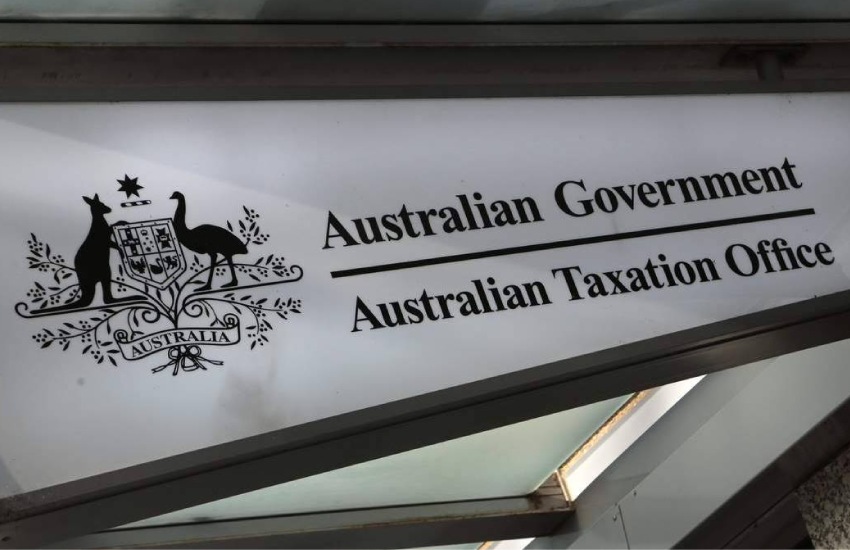Accountants exemption axing created ‘gap’ in SMSF advice: ATO
There is a clear gap in the SMSF advice market as a result of the accountants exemption being removed, according to the tax office.
Prior to 2016, accountants were permitted to give basic SMSF advice without requiring an AFSL. As part of the Future of Financial Advice (FOFA) reforms, that carve-out was replaced with a limited AFSL.
The limited AFSL has been heavily criticised as being impractical and not fit for purpose. For example, under a limited AFSL, an accountant advising on winding down a superannuation fund is restricted from discussing the insurance which may be in that fund.
Despite clear intention from the accounting community to continue providing SMSF advice, the take-up of the limited AFSL has been wildly unpopular, in large part due to the impracticalities of the licence.
Speaking at the Accounting Business Expo in Sydney, ATO assistant commissioner Dana Fleming acknowledged that there is now a gap in the market for basic SMSF advice.
“There is a need in the market to service that gap between full financial advice and smaller matters,” she said.
This issue is set to be compounded by the incoming, mandatory education requirements for accountants providing SMSF advice. For example, as the regulations currently stand, accountants operating under a limited AFSL will have to complete the same level of education as an accountant operating under a full AFSL. This means they will be paying for and taking part in training which they can’t use in practice.
The SMSF and accounting community has mounted a case to the government, and associations like the Institute of Public Accountants have been in talks with Liberal Party ministers.
The silver lining
Some, like Hayes Knight director and Knowledge Shop founder Greg Hayes, believe accountants are now well placed for a land grab in financial advice.
The opportunity of holistic financial planning has often been spruiked to accountants, but this time, Mr Hayes sees market forces working in favour of the accounting profession.
“We are going to see a contraction in the supply of advice at the same time as we’re going to see an increasing demand because of the size of the market growing,” Mr Hayes said.
“If accountants are going to stake themselves in this market, they’ve been given preferential positioning relative to the broader advice market — there’s this opportunity sitting there if they want to take it.
“None of us necessarily like change, but we need to accept that, and whilst this is being worked through, look at the bigger picture.
“The accounting profession is the natural provider for advice in this space. I look at this and think it is an enormous opportunity for accountants.”








